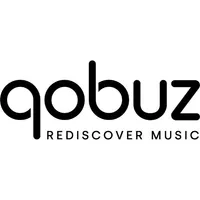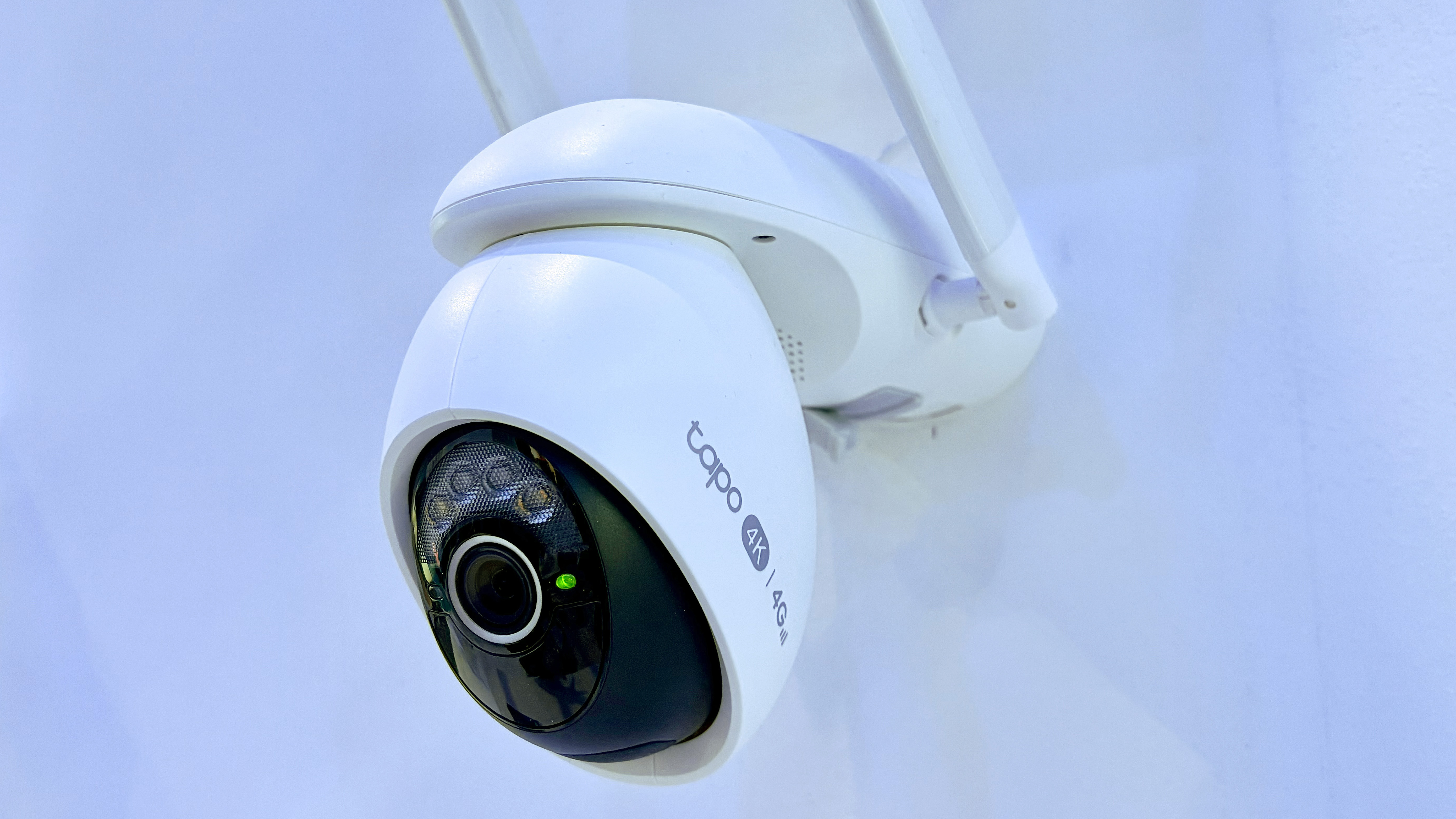I ditched Spotify for this niche audiophile streaming service for a month — and I might be ready to go back
Too many options
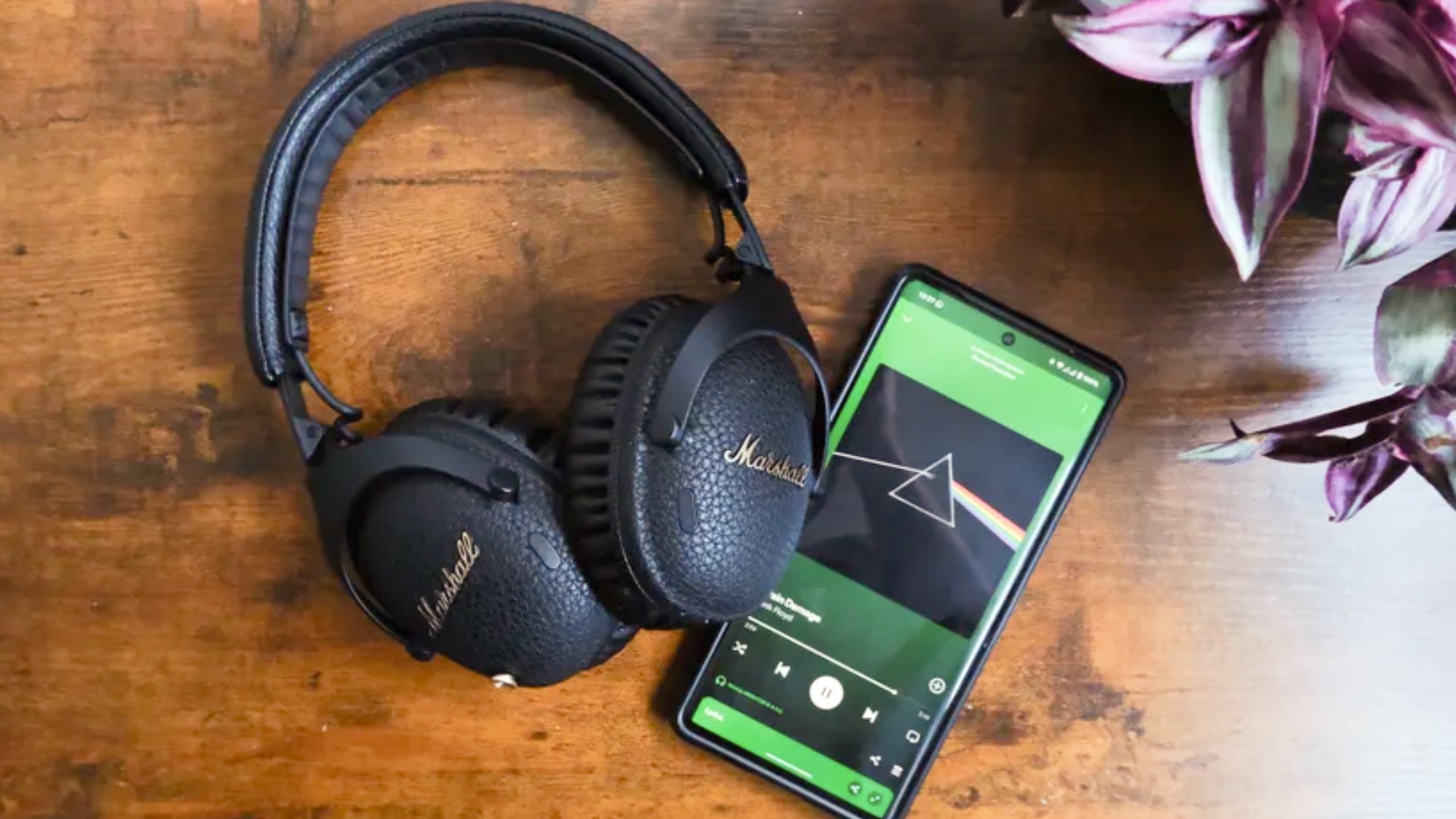
Here at Tom’s Guide our expert editors are committed to bringing you the best news, reviews and guides to help you stay informed and ahead of the curve!
You are now subscribed
Your newsletter sign-up was successful
Want to add more newsletters?
Join the club
Get full access to premium articles, exclusive features and a growing list of member rewards.
I have a dilemma: I don't know which music streaming service to use. I know, I know. This is a nonsensical problem, and definitely isn't that deep. But I can't stop wrestling with it. It's haunting me.
After using Spotify since January 2009, I finally jumped ship and started using Qobuz, thinking it would solve all my sound-quality, ethical-investments, and artist-payout-related problems. But no. I'm still so conflicted.
Is Qobuz the best music streaming service? Definitely for some people. But for me... I'm just not sure.
This is Qobuz. Qobuz is an audiophile-focused music streaming site, with a huge library of niche genres and stacks of content in a virtual music magazine, directly in the app. Most tracks play in 24-bit 192kHz, one of the highest resolutions you can get for audio, and it is one of the highest-paying streaming services for artists.
What I like about Qobuz
Part of the reason why I'm so conflicted when it comes to Spotify vs. Qobuz is because both streaming services have their merits. If Qobuz was utter garbage, I wouldn't be conflicted — I'd just go crawling back to Spotify like a scolded puppy.
But Qobuz is so good. Most tracks play in 24-bit 192kHz quality, which provides lush, layered soundscapes with unbeatable instrument separation.
But Qobuz is so good. Most tracks play in 24-bit 192kHz quality, which provides lush, layered soundscapes with unbeatable instrument separation. If you've got some of the best headphones (ideally wired), best speakers (I love my Edifier R1280T), or a hi-fi sound system, then Qobuz is what you need to take your listening experience to the next level.
I can't fault how Qobuz sounds: it's everything an audiophile would want in a music streaming service.
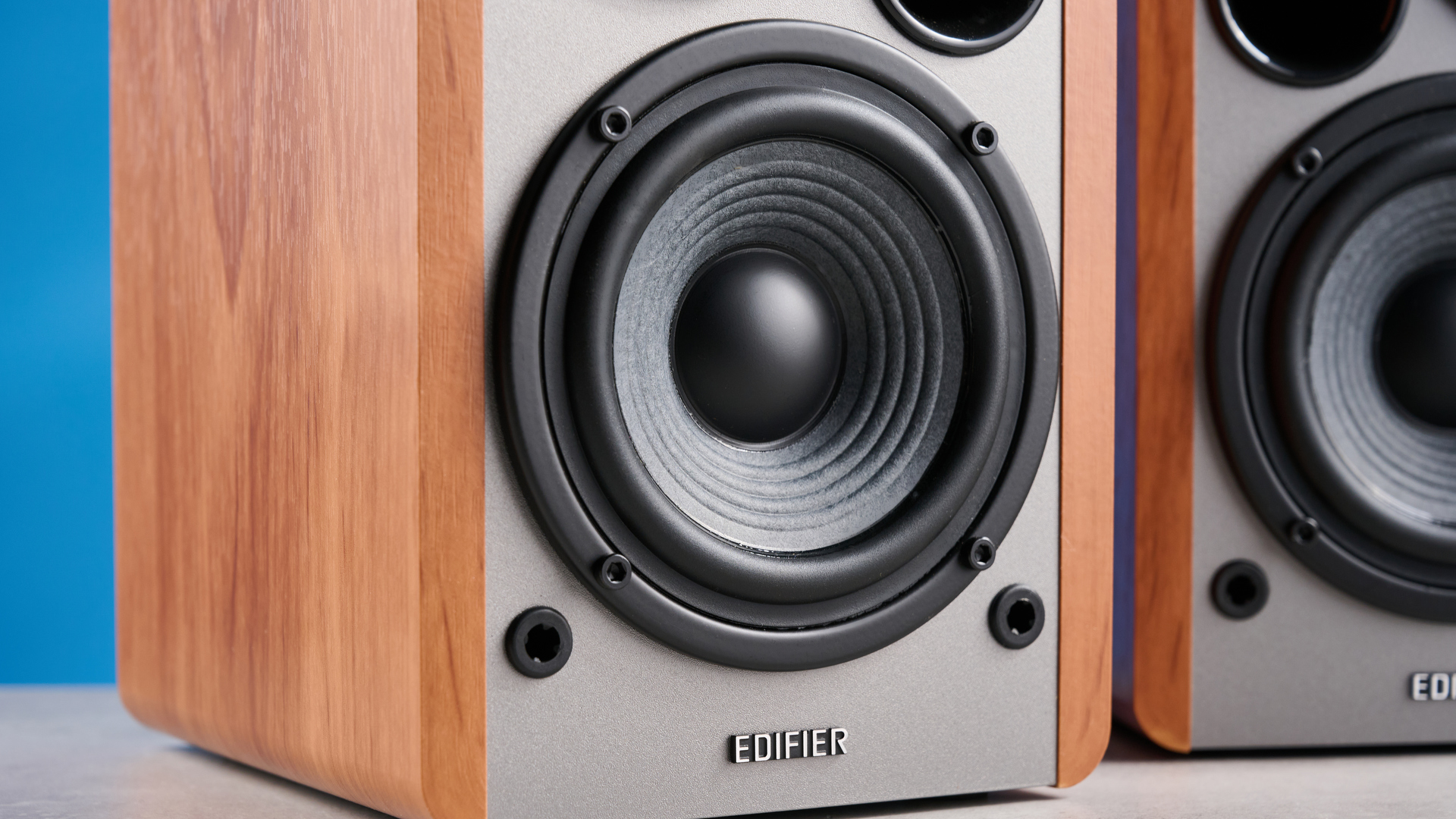
Another reason why Qobuz is so good is because of its artist payouts. During Qobuz's 2024 fiscal year, it paid "US$0.01873 per stream". This means that if a track reaches 1,000 plays, $18.73 is paid out to the rights holders.
Get instant access to breaking news, the hottest reviews, great deals and helpful tips.
This is so much higher than Spotify's pay-per-stream, which is rumored to be about $0.003-$0.006. Spotify doesn't publicize its payouts, but Qobuz does, which tells you everything you need to know.
If you want to pay artists a fair wage, though, the best thing to do is buy their physical releases via their websites or Bandcamp. Obviously, though, in this cost-of-living crisis (when will it end? I want to go on vacation!), buying every single physical release is simply not achievable for most people.
Lastly, I love Qobuz's magazine that's built into the app. This is a really fascinating resource that had me staring at my phone for longer than I'd care admit.
Here's a screenshot from Qobuz demonstrating what I mean by "digital music magazine".
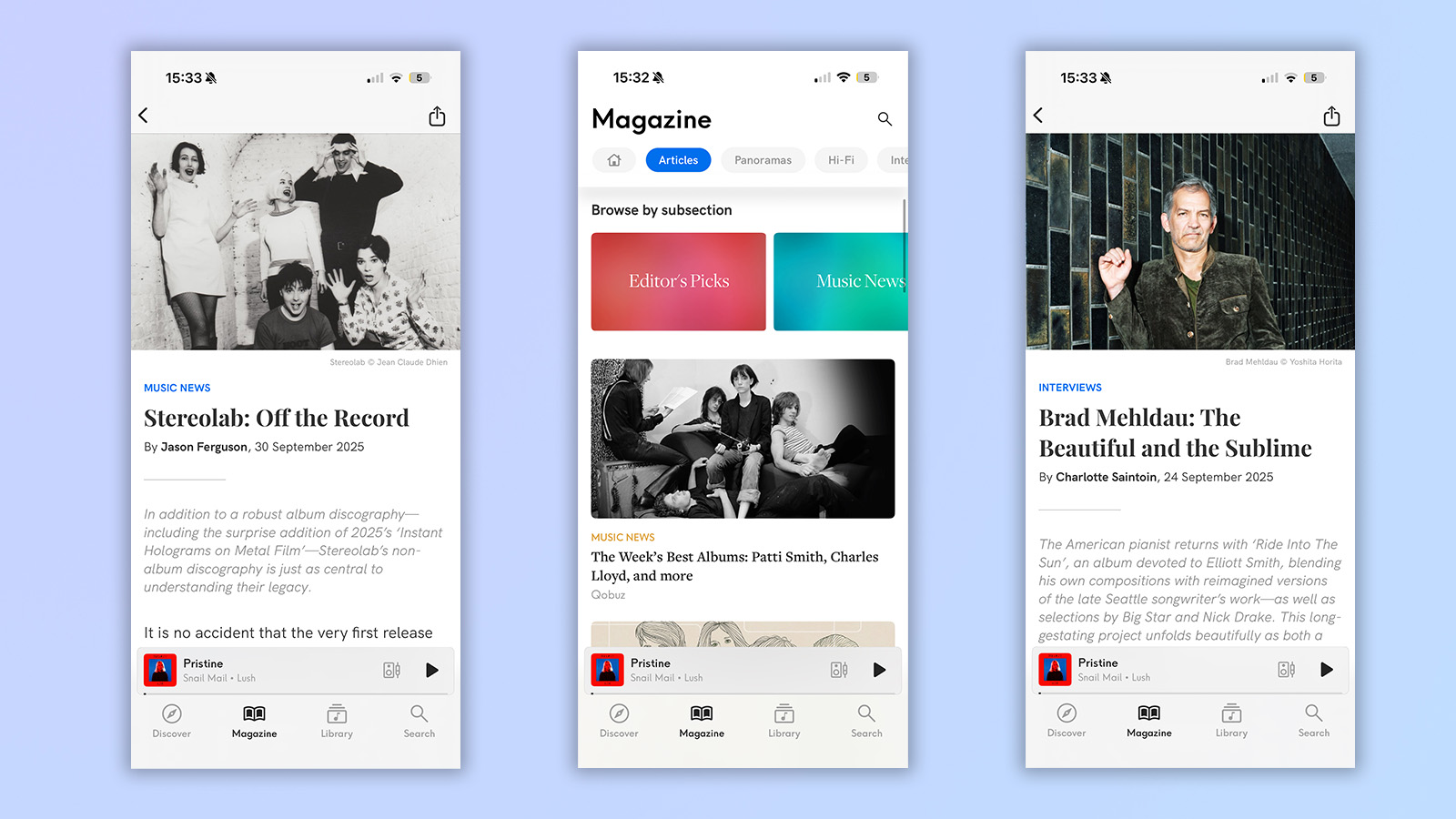
The Qobuz music magazine is such a unique feature and one of the reasons why I wanted to be an instant Qobuz convert. I do really respect the quality and value of the magazine. It's certainly a standout feature that shows the French company's dedication to the craft of music rather than raking in billions from streaming customers.
And then last but not least, Qobuz is actually cheaper than Spotify. Qobuz is $10.83 per month, whereas Spotify is $11.99 per month. Really makes you wonder where Spotify's putting all that money...
How should Qobuz be used?
I think Qobuz is a music streaming service designed for people who listen to albums from start to end — and only those people. I wouldn't recommend Qobuz for those who love song radios, or love discovering new artists through the magic of an algorithm. Qobuz is for people who love trawling through piles and piles of digital records.
That's kind of what it is — it's a digital record store.
On top of personal listening, Qobuz would be fantastic when used in conjunction with Roon. If you don't know what Roon is, it's basically a system that connects all your audio devices so you can listen to different songs in different rooms from the same server. It's all very nifty.
If you've got high-quality speakers, then you should absolutely get Qobuz to make the most of these premium devices.
Unfortunately, I don't have a multi-room setup and a $15 per month Roon subscription is a little out of my reach right now, so for me, this isn't something I can feasibly do at the moment.
What did I miss from Spotify?
Unfortunately, there are quite a few downsides of Qobuz for me personally. Now, this is just my opinion (see the blue 'Opinion' tag in the top left corner!) so if you don't agree, that's fine. Let me know why in the comments if you so desire.
Music discovery
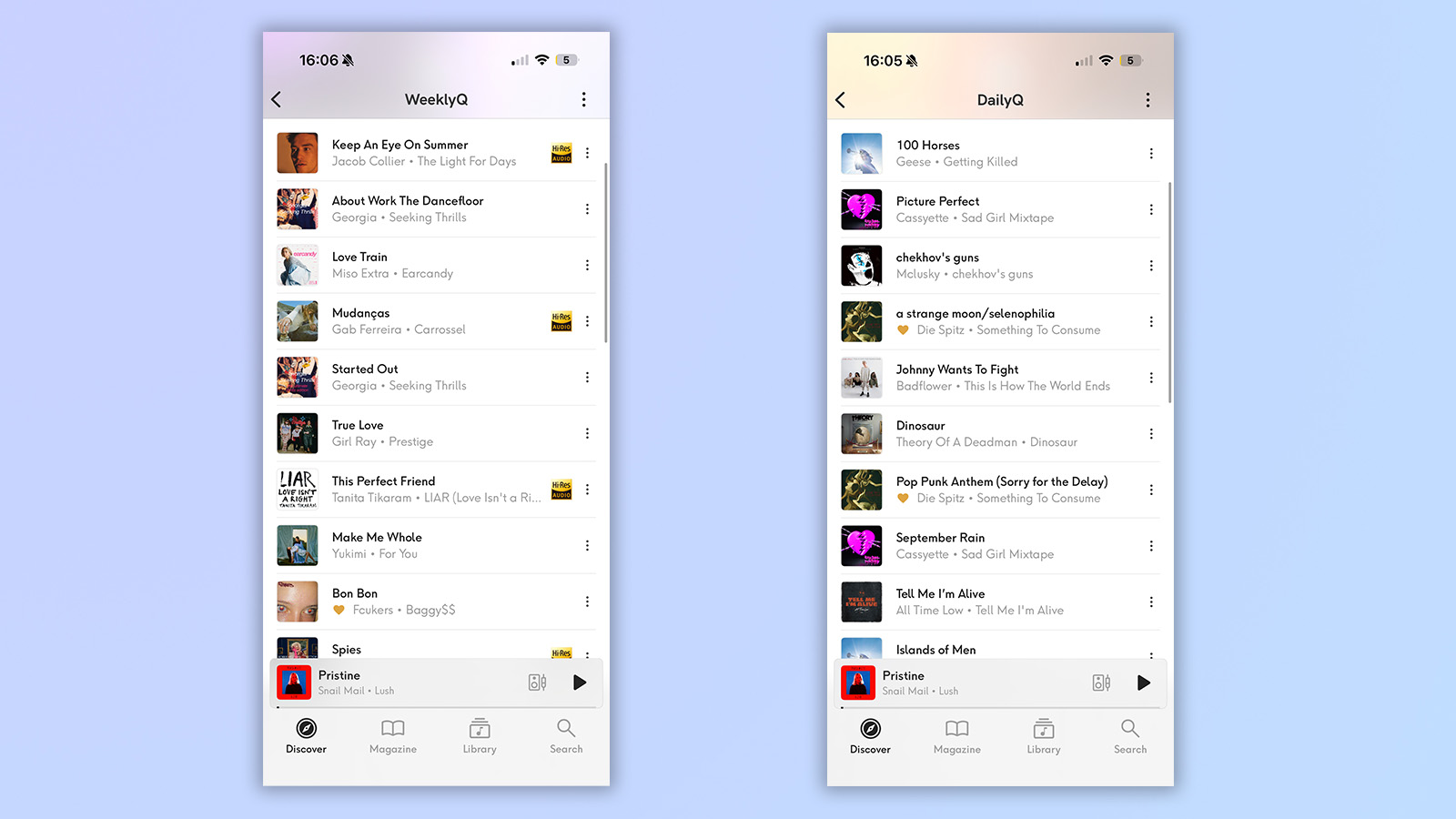
First downside: the lack of music discovery in Qobuz. My biggest issue is with the personalized playlists. Unlike Spotify's "Discover Weekly", Qobuz's music recommendation algorithm leaves so much to be desired.
I like not having to search for my own new music — I want it to be handed to be on a silver platter. That's why I look forward to a fresh "Discover Weekly" every Monday, and Qobuz just doesn't have that.
I could mark this down to Qobuz not understanding my music taste yet, but I've got 9,000 songs favorited on the app.
In Qobuz's defense, there are playlists called "WeeklyQ" and "DailyQ", but these are really basic. Most times, they're just compilations of artists you already listen to, with more than one song by each artist, which is a little disappointing. I want to be surprised! I want to be awed!
I also find the song radios quite poor — again, repeated artists, lack of diversity, lack of exciting track suggestions. I could mark this down to Qobuz not understanding my music taste yet, but I've got 9,000 songs favorited on the app. Surely, surely that's enough?
The interface
Although Qobuz actually redesigned its homepage halfway through my month of testing, I still think the overall interface is cluttered and confusing.
There are so many genres listed, and yet it's not specific enough. For example, there's "Pop/rock", but also separate genres of "metal" and "reggae". That's not to say metal and reggae don't deserve separate genres, but "pop/rock"? Seriously? Lumping the two most popular genres together is a little confusing. You could separate pop into at least three main sub-genres, and the same for rock, and still be too broad.
Because of this broadness, I found it really overwhelming to choose an album to listen to. I found it very difficult to find specific sub-genres I like, and found it even harder to catch up with all my top artists' new releases.
I think Qobuz certainly needs to take a leaf out of Spotify's interface book. Have a clean, genre-focused layout, with a new releases tab that shows artists you actually listen to, rather than what the Qobuz staffers want you to listen to.
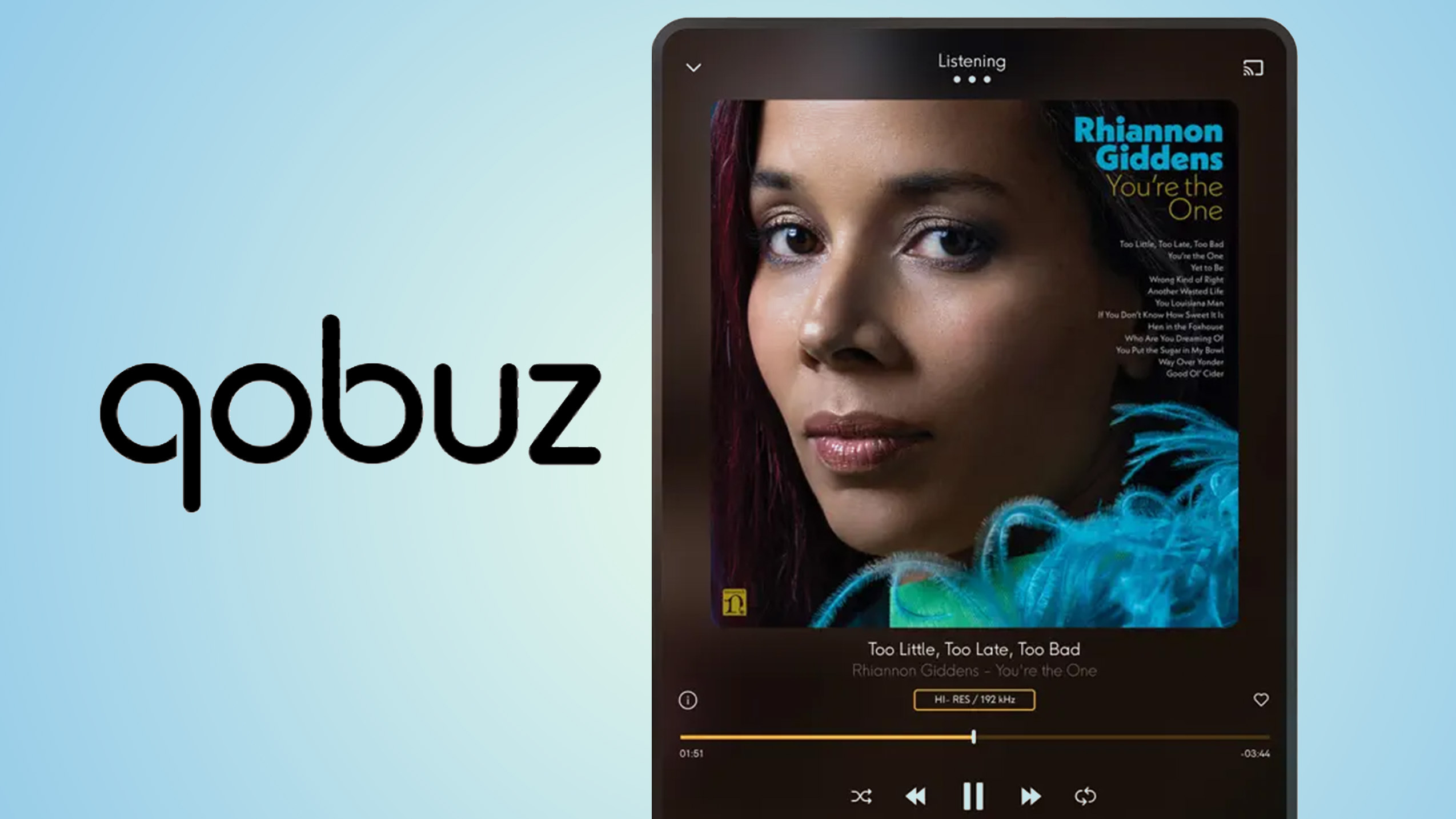
I want more "Here's what Qobuz thinks you'll like based on your listening history", not "Here's a list of 50 new albums in loads of genres you've never listened to before".
And look, if you truly will listen to any genre from any era, Qobuz might be perfect for you. Every week the service highlights albums on its Hi-Res Masters series that may (but likely will not) line up with your typical listening preferences.
For me, personally? It just doesn't work. I think I'm too picky. Too opinionated. Somehow, simultaneously, too overwhelmed by decision fatigue, and I end up not listening to anything because there's too much to choose from.
In those cases, I need my streaming service to make the choice for me.
Lack of playlists
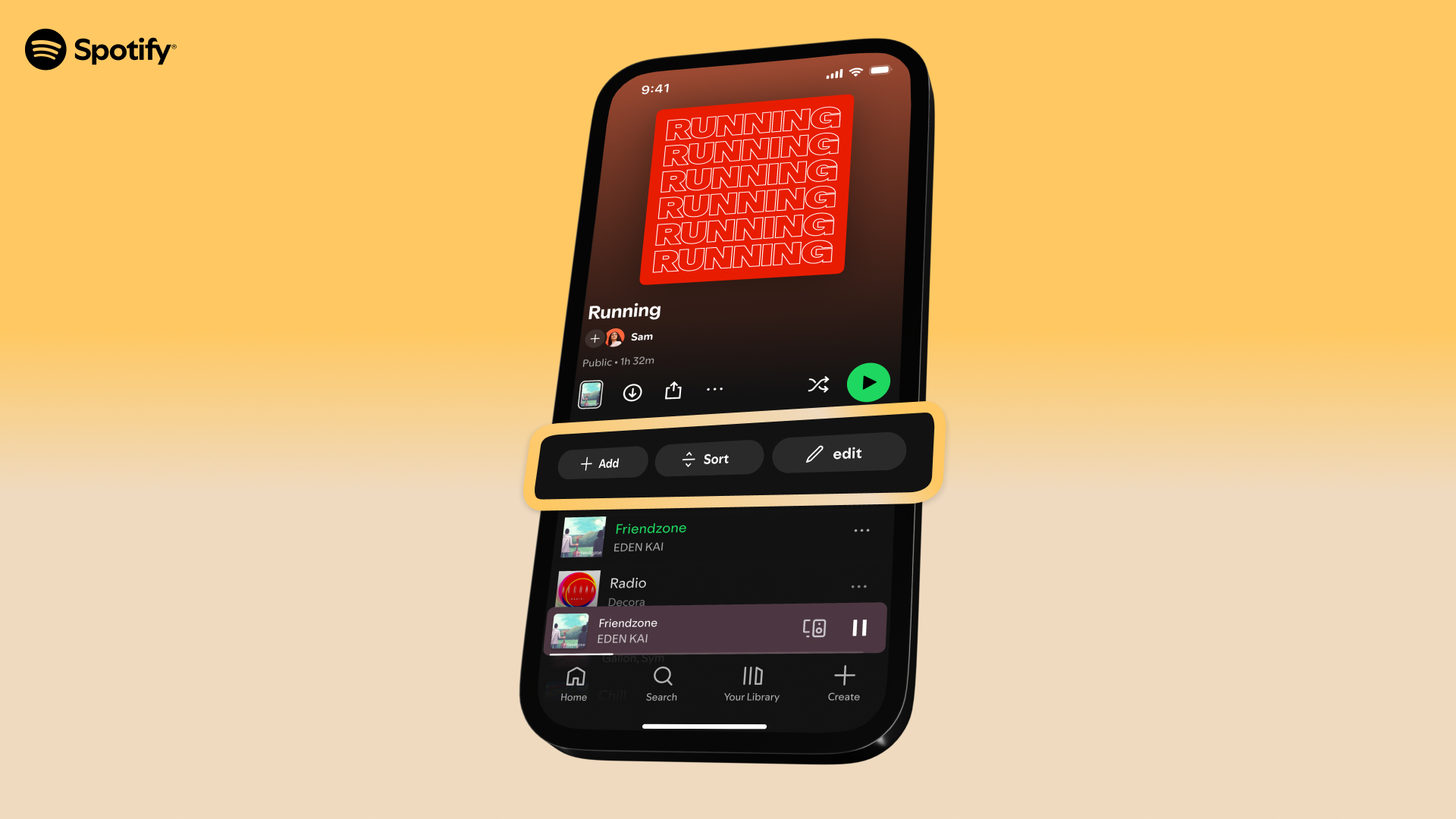
This is just because there are fewer Qobuz users, so there are fewer playlists. That's not Qobuz's fault, that's just a fact.
Even so, I found myself longing for pre-made playlists for certain moods. Yes, Qobuz has a collection of these made by Qobuz staff, but I want playlists made by other users, not employees. I want super-niche playlists with obscure titles like "How I felt sitting in the back of my dad's car on a rainy Saturday evening in 2003" or something. I don't want "Autumnal albums". I want "Playing in the leaves and finding a conker and suddenly the world has meaning". You can actually find playlists with these obscure names on Spotify, just because so many people are making so many playlists.
I guess you could wait for Qobuz to take off and these playlists will get made, but, again, I don't think Qobuz is really that kind of platform. Qobuz is for audiophiles who love Pink Floyd, not people who love making silly little playlists.
It's just different users with different needs, and I don't think Qobuz is filling my needs.
What am I going to do now?
Sigh. I think I'm going to eat my words and return to Spotify. There is no ethical consumption under capitalism, blah blah blah. I'm just making excuses for myself because I need to be able to sleep at night.
Yes, I wish I loved Qobuz. I wish I had been instantly converted and now spent my days shouting about Qobuz from every rooftop nearby. But it just wasn't love at first sight.
I might even go back to Apple Music, but with Spotify Lossless now available, Spotify might finally be able to deliver the sonic goods that Qobuz used to hook me in the first place. Spotify playlists, here I come!
Follow Tom's Guide on Google News and add us as a preferred source to get our up-to-date news, analysis, and reviews in your feeds. Make sure to click the Follow button!
More from Tom's Guide

Erin Bashford is a senior writer at Tom's Guide, focusing on reviews. She has a Masters in Broadcast and Digital Journalism from the University of East Anglia. As an ex-barista, she knows her way around a coffee machine, and as a music lover, she's constantly chipping away at her dream of having a multi-room home sound system. In her spare time you can find her reading, practising yoga, writing, or stressing over today’s NYT Games.
You must confirm your public display name before commenting
Please logout and then login again, you will then be prompted to enter your display name.
 Club Benefits
Club Benefits










